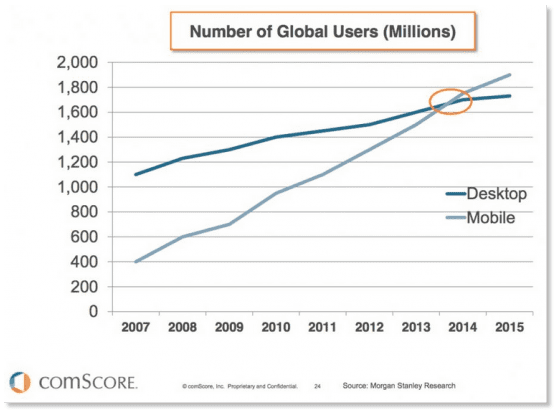Google will block access to its autocomplete API to unauthorised users starting from 10 August 2015.
When asked about the move, Google explained: "We built autocomplete as a complement to Search, and never intended that it would exist disconnected from the purpose of anticipating user search queries.
"Over time we’ve realized that, while we can conceive uses for an autocomplete data feed outside search results that may be valuable, overall the content of our automatic completions are optimized and intended to be used in conjunction with web search results and, outside the context of a web search, don’t provide a meaningful user benefit."
There have been several games and other sites created using the API with the idea of guessing exactly what Google would come up with for certain combinations of words.
The complete picture for the service is that it was originally designed for use only within the context of the Google Search itself. The API has remained unofficially available, but hasn't really been part of the official Google offering.
Google goes on to say: "In the interest of maintaining the integrity of autocomplete as part of Search, we will be restricting unauthorized access to the unpublished autocomplete API as of 10 August 2015.
"We want to ensure that users experience autocomplete as it was designed to be used - as a service closely tied to Search. We believe this provides the best user experience for both services."
Anyone who wants to make use of the autocomplete feature in the way they see fit can still do so using the Google Custom Search feature for their own site.
The API came about as a result of reverse engineering by the community and this hasn't always been a bad thing. The Google Maps API also began unofficially before eventually being adopted (and licensed for a charge) by Google.
Earlier this year, Google killed off the YouTube v2 API pulling down support for a number of smart devices which relied on it.
This article was originally published on the Inquirer.
Related articles
Google’s Doorway Algorithm Update
5 Techniques That May Be Killing Your Website (and SEO)
Existential Questions About the Future of Search
Last-Minute SEO - Here Come the Holidays!
Google’s Singhal Reflects on the Top Search Milestones Since 2004
When asked about the move, Google explained: "We built autocomplete as a complement to Search, and never intended that it would exist disconnected from the purpose of anticipating user search queries.
"Over time we’ve realized that, while we can conceive uses for an autocomplete data feed outside search results that may be valuable, overall the content of our automatic completions are optimized and intended to be used in conjunction with web search results and, outside the context of a web search, don’t provide a meaningful user benefit."
There have been several games and other sites created using the API with the idea of guessing exactly what Google would come up with for certain combinations of words.
The complete picture for the service is that it was originally designed for use only within the context of the Google Search itself. The API has remained unofficially available, but hasn't really been part of the official Google offering.
Google goes on to say: "In the interest of maintaining the integrity of autocomplete as part of Search, we will be restricting unauthorized access to the unpublished autocomplete API as of 10 August 2015.
"We want to ensure that users experience autocomplete as it was designed to be used - as a service closely tied to Search. We believe this provides the best user experience for both services."
Anyone who wants to make use of the autocomplete feature in the way they see fit can still do so using the Google Custom Search feature for their own site.
The API came about as a result of reverse engineering by the community and this hasn't always been a bad thing. The Google Maps API also began unofficially before eventually being adopted (and licensed for a charge) by Google.
Earlier this year, Google killed off the YouTube v2 API pulling down support for a number of smart devices which relied on it.
This article was originally published on the Inquirer.
Related articles
Google’s Doorway Algorithm Update
5 Techniques That May Be Killing Your Website (and SEO)
Existential Questions About the Future of Search
Last-Minute SEO - Here Come the Holidays!
Google’s Singhal Reflects on the Top Search Milestones Since 2004

















